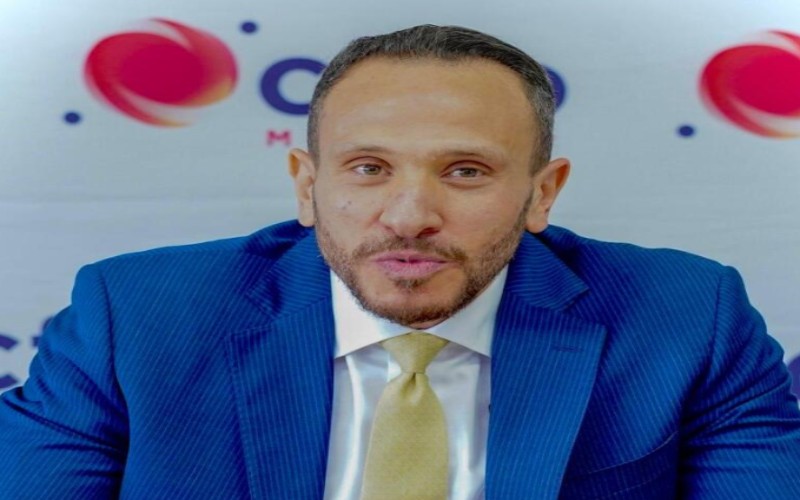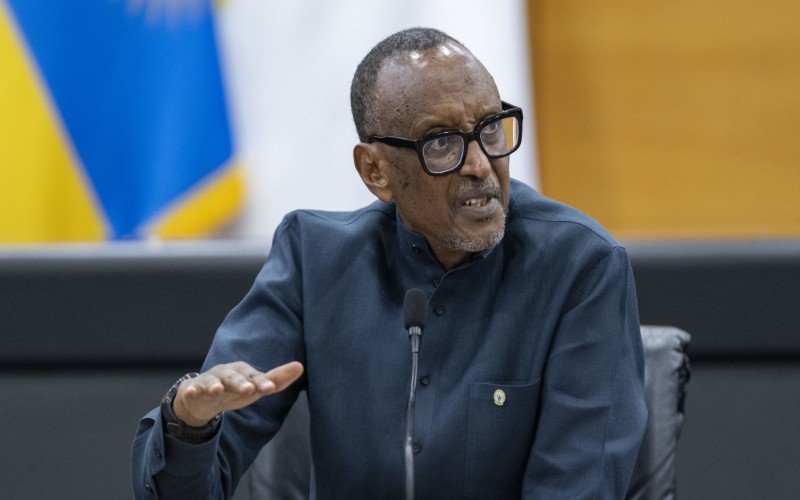Kenya’s betting boom turns tragic as families sink under Sh88.5 billion losses

In a statement issued on Wednesday, October 8, 2025, MWARP noted that while betting platforms publicise jackpot winners, they conceal the millions of people losing their livelihoods.
The Muslim Women Advancement of Rights and Protection (MWARP) has sounded the alarm over Kenya’s rapidly expanding gambling industry, warning that it is quietly tearing families apart.
The organisation estimates that Kenyans lose Sh88.5 billion annually to betting—leaving women and children to bear the economic and emotional burden.
More To Read
- MPs pass Gambling Bill, impose heavy fines and jail terms
- Betting crisis: Why Kenya cannot ban popular Aviator game
- Sh50 million capital, ID selfies among proposals as Kenya moves to rein in betting boom
- Betting firms to finance rehabilitation of addiction victims under proposed gambling law
- Digital creators push back on new gambling advertising guidelines
- Outdated laws, illegal sites threaten betting oversight despite Sh96.7bn revenue
In a statement issued on Wednesday, October 8, 2025, MWARP noted that while betting platforms publicise jackpot winners, they conceal the millions of people losing their livelihoods.
“Betting and gambling present our society with a devastating paradox wrapped in a seductive illusion. What promises financial freedom delivers financial bondage, what advertises itself as entertainment becomes enslavement. Betting platforms show jackpot winners while hiding millions who lose everything, presenting gambling as legitimate entrepreneurship when it is actually a mathematically guaranteed system extracting wealth from the desperate to funnel it into corporate profits,” said Rahma Gulam Abbas, MWARP’s Executive Director.
According to MWARP’s research, 84 per cent of Kenyan youth have tried betting, with one-third participating daily. Daily losses now total about Sh242 million—money that could otherwise cover rent, school fees, or essential household expenses. As partners gamble away family income, women are increasingly forced to become sole breadwinners, leading to financial strain, domestic tension, family breakdowns, and, in some cases, malnutrition and school dropouts.
“While public discourse focuses on youth unemployment and quick-money schemes, MWARP exposes a darker reality unfolding in homes across Kenya. Behind every betting addiction statistic is a family in crisis, and overwhelmingly, it is women who must pick up the pieces. When fathers bet away rent money, mothers face landlords. When school fees disappear into betting apps, daughters' education ends. Wives become sole breadwinners while partners chase impossible wins,” the rights organisation said.
Family catastrophe
“This is not just an individual problem; it is a family catastrophe multiplied across millions of households.”
MWARP also condemned the role of technology and celebrity endorsements in normalising gambling. Mobile money platforms, it said, have turned smartphones into “24-hour casinos,” while influential public figures profit from promoting betting.
“Meanwhile, famous athletes, musicians, and media personalities lend their faces to campaigns that glamorise risk-taking without acknowledging the broken families left in their wake,” said Rahma. “Children see their heroes winning big, but they don’t see the mothers lining up at food banks or the children being sent home for unpaid school fees.”
To address the crisis, MWARP has unveiled a five-point emergency action plan.
Spousal notification
It proposes legislation to hold celebrities accountable for promoting betting platforms, mandatory spousal notification for gambling accounts exceeding set thresholds, emergency funds for affected women and children, the creation of community healing centres, and programmes to redirect youth toward vocational training and legitimate entrepreneurship.
Framing the gambling epidemic as a moral emergency, MWARP said betting companies exploit desperation, technology fuels addiction, and celebrities sell false hope. The organisation is urging religious leaders, women’s groups, schools, media houses, and government agencies to act swiftly to protect families and raise public awareness.
Through its “Reclaim Our Families” campaign, MWARP plans to roll out awareness workshops, community support groups, and legislative advocacy.
“Every day we delay action, another mother watches her family's future gambled away on a smartphone. Another daughter's education ended because fees became betting stakes. Another family slides from stability into poverty,” said MWARP.
Top Stories Today












































